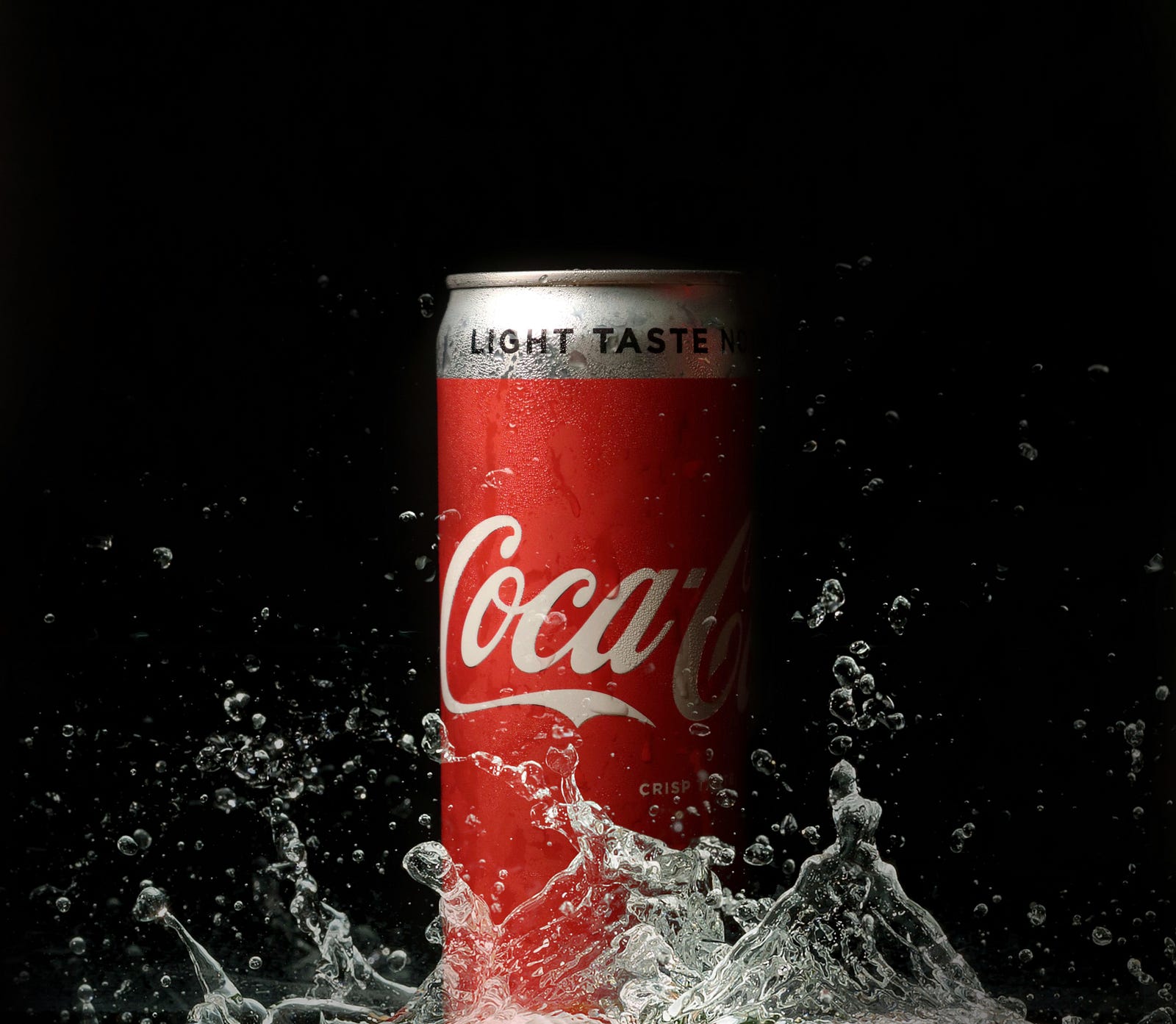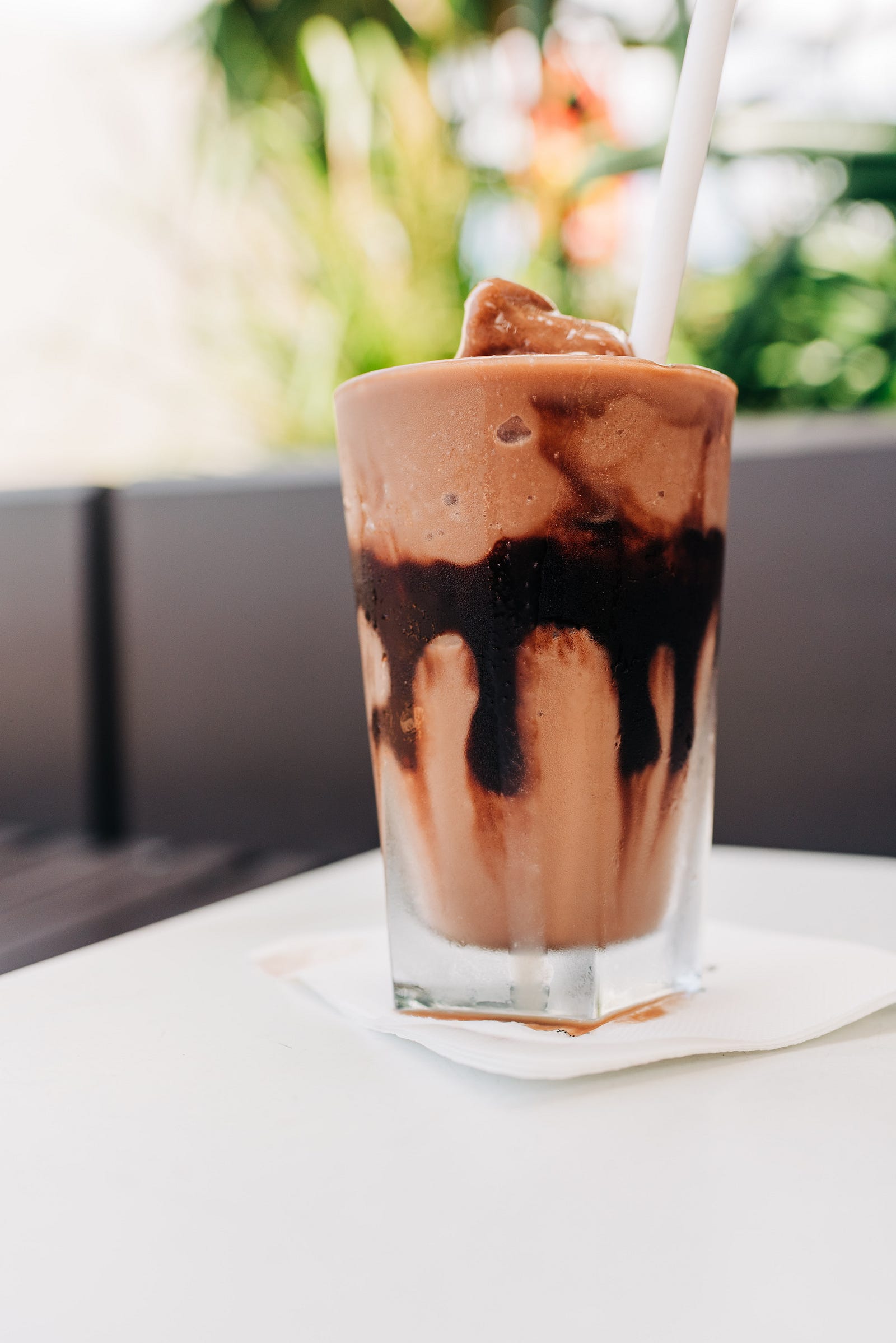I LIKE SUGAR. YOU MAY BE SUPRISED, however, that my need for sweets is dropping over time. Today, I want to share my 5 winning strategies for sugar detox.
Sugar is everywhere in America. The National Health Institute offers that adults now get 15 percent of their calories from sugar added at the table or during food processing.
Condiments, cereals, bread, and snacks! Sugar abounds. Unfortunately, sugar contributes to increased rates of diabetes, heart disease, and obesity. Dropping your sugar intake can be a remarkably powerful way to improve your health.
What Percent Meet Dietary Guidelines?
Here are the Dietary Guidelines for Americans 2015–2020 (DGA):
Americans should limit their added sugar consumption to under 10 percent of daily calories and increase their fruit, vegetables, and whole grains intakes.
Forty-two percent of Americans, two years and over, met the DGA added sugars recommendation.
Here are the results in graphic form:

The numbers concern me. I want to share how I tamped down my sweet tooth (and no longer miss some of my former favorites — ask me sometime about perhaps the most unhealthy food ever — Entemann’s [heavily-processed] chocolate donuts.
Let’s pivot to my six tactics for dodging excessive sugar consumption.
1. I skip sports drinks, sweet tea (usually), and soda.
I am not going to lie. As a child, I thoroughly enjoyed cola beverages (especially Coca-Cola; perhaps I am kidding myself that I can tell it from other cola beverages).
And as the child of two parents originally from Georgia (USA), I know the joys of sweet tea consumption.

The Harvard T.H. Chan School of Public Health provides this definition:
Sugary drinks (sugar-sweetened beverages or “soft” drinks) are any beverage with added sugar or other sweeteners (such as sucrose, high fructose corn syrup, fruit juice concentrates, and more).
This category includes soda, tonic, fruit punch, lemonade (and other “ades”), sweetened powdered drinks, and energy and sports drinks.
Did you know that these drinks are the leading sources of added sugar in the American diet?
I needed to shift to healthier drinks to reduce my added sugar. Now, I enjoy fruit-infused water; try floating some slices of cut fruit in a water pitcher). After working out, I reach for a milk-containing protein drink. The protein helps me enhance muscle recovery.
2. I discovered nutrient-dense foods.
Before, if I was hungry, I reached for something sweet. Dunkin Donuts and I used to be better acquainted with one another.
Now, I aim to fuel up with nutrient-dense foods. In my office today, you will find grapes, watermelon, pecans, peanuts, walnuts, and pistachios. All within easy reach.
What I don’t do is choose pre-packaged cookies or granola bars.
3. I reach for spices.
Rather than eating plain oatmeal, have you considered spicing it up with cinnamon? Ginger or nutmeg?

I recently read that some folks add flavored extracts (such as almond or vanilla) to foods and drinks. It might be time for me to explore more recipes.
4. I read labels.
I recently perused the packaging in my local grocery store. Virtually all of the pre-packed foods had added sugar.
I have learned to choose the lowest-sugar one if I eat such foods. Look for the sugar quantity on the Nutrition Facts label (under “Total Carbohydrates”).
If sugar is one of the few ingredients, be careful. Moreover, beware if you see these words:
- Sucrose
- High-fructose corn syrup
- Corn sweetener
- Malt syrup
These are all forms of added sugar. Don’t let the manufacturer slip this by you. While reading labels may slightly increase your shopping time, you will soon become an expert at grabbing things off the shelf.
5. I look for sugar-smart desserts.
Because my wife is Japanese, dessert is not a central part of our meals. Growing up, I looked forward to cake, cookies, or ice cream to close.
Now, I look for smarter options, such as nuts covered in dark chocolate. Low-fat yogurt might be a tasty alternative for you.
I would be lying if I said I gave up all my favorite desserts. I eat smaller portions or share a pie or cake slice with a family member.
Now, on an upcoming trip to Hawaii, look for me to drink this:

Sugar Detox: My 5 Winning Strategies – Benefits
I will end with some of the health reasons I have cut back on my sugar consumption.
- I avoid weight gain. An updated meta-analysis examining the association of sugar-sweetened beverages and weight trends in adults and children included more than 500,000 participants. The study confirmed a strong connection between drinking more sugar-sweetened beverages and weight gain in both age groups. The study also found that a reduced intake of sugary beverages resulted in weight loss.
- I reduce my chances of having diabetes. Those who consume sugary drinks regularly — one to two cans daily or more — have nearly 1.3 times higher odds of developing type 2 diabetes than those who rarely have such drinks. The increased risk is even greater in young adults and Asians.
- I lower my cardiovascular disease risk. A two-decade study of 40,000 men discovered that those consuming one can of a sugary beverage per day had a 1.2 times higher chance of suffering (or dying) from a heart attack than men rarely consuming sugary drinks. The Nurses’ Health Study, which monitored the health of nearly 90,000 women over two decades, discovered that women drinking more than two servings of sugary beverages daily had a 1.4-times higher chance of a heart attack or death from heart disease than women who rarely drank such drinks.
Other Benefits of Sugar Detox
- I lower my risk of gout. A 22-year-long study of 80,000 women noted that those who consumed a can a day of sugary drinks had a 1.75-fold higher risk of gout than those rarely consuming such drinks. Men have a similar increase.
- I don’t wreck my bones. Soda has high levels of phosphate. Consuming more phosphate than calcium can have a bad effect on bone health.
- I am less likely to die early. The more sugary beverages a person consumes, the higher their risk of early death. That finding holds after adjusting for major lifestyle factors and diet.
Get an email whenever Dr. Michael Hunter publishes.
drmichaelhunter.medium.com
The information I provided in this blog is for educational purposes only and does not substitute for professional medical advice. Please consult a medical professional or healthcare provider for medical advice, diagnoses, or treatment. I am not liable for risks or issues associated with using or acting upon the information in this blog.
Thank you for reading “Sugar Detox: My 5 Winning Strategies.”



